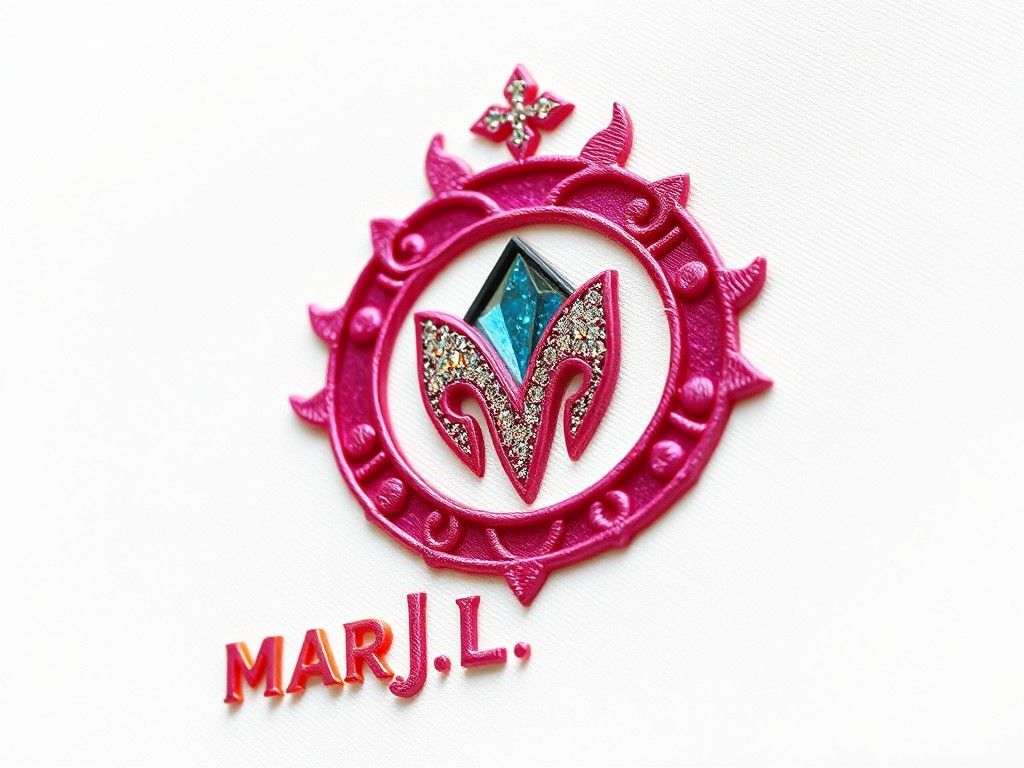Overview of Blockchain in Supply Chains
Blockchain technology is revolutionizing supply chain management by offering unprecedented transparency and traceability. At its core, blockchain is a decentralized ledger of all transactions across a network. This technology ensures data integrity by making it immutable and securely shared across all stakeholders, improving trust and collaboration among parties.
In supply chain management, the transparency of blockchain technology is vital. It enables businesses to track the movement of goods from origin to destination, ensuring authenticity and reducing fraud. For UK businesses, this feature is particularly beneficial in industries where product provenance is crucial, such as food and pharmaceuticals. By using blockchain, UK companies can swiftly verify product origins, ensuring compliance with regulations and quality standards.
Have you seen this : Essential Strategies for Launching a Thriving Loyalty Program in UK Retail
Current adoption trends in the UK show a steady rise in the use of blockchain across various sectors. As UK businesses increasingly recognise its potential, many are integrating blockchain into their supply chains to enhance efficiency and accountability. This trend reflects a broader global interest in leveraging blockchain technology for robust and verifiable supply chain management solutions, positioning the UK as a leader in this technological transformation.
Benefits of Blockchain for UK Supply Chains
Supply chain efficiency is a key focus for businesses aiming to enhance their operations. Blockchain technology offers a transformative approach by increasing process efficiency and speed. This allows companies to track products in real-time, thus improving overall operational flow. The decentralized nature of blockchain creates a single source of truth for all transactions, which reduces the time taken to verify and settle them.
Also to read : Unlocking Sustainable Farming: A Guide to Adopting Regenerative Agriculture in the UK
A significant advantage of implementing blockchain is the resulting cost reduction. By eliminating intermediaries and reducing paperwork, companies can cut down on operational costs. Additionally, the transparency provided by blockchain minimizes the risk of fraud, reducing waste and ensuring that resources are used judiciously.
Enhanced traceability in supply chains is another remarkable benefit. With blockchain, each step of a product’s journey is recorded immutably, providing stakeholders with complete real-time tracking capabilities and data visibility. This not only facilitates faster response to potential issues but also increases accountability.
Overall, the integration of blockchain in supply chains enhances transparency and trust among stakeholders while driving down costs and boosting operational efficiency. By adopting this technology, UK businesses can navigate current market challenges more effectively, optimizing their processes for a competitive edge.
Challenges in Implementing Blockchain Technology
Introducing blockchain technology brings forward several unforeseen challenges that organisations must navigate. Firstly, addressing the integration issues with existing systems is crucial. Many companies have established infrastructures and processes that have been optimized over the years for centralized operations. Incorporating a decentralized ledger into these can be technically challenging, requiring extensive adaptation and development efforts.
Furthermore, scalability remains a significant concern. As more transactions occur, the blockchain can become sluggish, potentially leading to bottlenecks. This is particularly problematic for larger enterprises needing rapid processing capabilities to handle vast amounts of data efficiently. Solving these issues often demands innovative technical solutions and significant resource allocation.
Regulatory and compliance concerns also present hurdles, especially within the UK landscape. The constantly evolving nature of blockchain technology outpaces current regulations, requiring businesses to remain agile to align with compliance requirements. This dynamic creates a landscape where firms must continually adapt and anticipate future changes in governmental policies.
Lastly, adapting organizational culture for decentralized systems can be challenging. Moving from traditional hierarchical structures to more collaborative environments necessitates a shift in mindset. Encouraging employees to embrace the flexibility and innovation that blockchain offers can fuel successful integration and long-term benefits.
Real-World Case Studies of Blockchain in UK Supply Chains
Exploring real-world examples of blockchain’s impact on UK supply chains can provide valuable insights for businesses considering its implementation. Through successful implementation across various sectors, significant improvements in efficiency and transparency have been observed.
Case Study: Retail Industry
In the retail industry, blockchain technology has played a pivotal role in enhancing transparency and customer trust. By tracking product origins through an immutable ledger, retailers can ensure product authenticity and uphold quality standards. This transparency not only boosts consumer confidence but also streamlines logistics and inventory management, resulting in cost efficiency.
Case Study: Manufacturing Sector
The manufacturing sector has witnessed blockchain’s power in improving operational efficiency. By utilising this technology, manufacturers can monitor and verify each step of the production process. This increases accountability and reduces the likelihood of defects, ensuring superior product quality. The enhanced traceability also facilitates quicker responses to potential issues, minimising downtime and production costs.
Case Study: Food Supply Chain
In the food supply chain, blockchain ensures that consumers receive safe and authentic products. By providing a tamper-proof record of the journey from farm to table, blockchain fosters trust and integrity in food sourcing. This reduces fraud risks and streamlines recalls by pinpointing precise production batches, thereby enhancing food safety and maintaining brand integrity.
Best Practices for Leveraging Blockchain in Supply Chain Management
Implementing blockchain technology in a supply chain requires careful planning and execution. For UK businesses contemplating adoption, the first step is understanding industry standards and the best practices associated with this innovative technology.
Key Considerations for UK Businesses
Before jumping in, it’s crucial to evaluate the specific needs of your supply chain. This includes assessing the readiness of your current infrastructure and ensuring alignment with industry standards. Companies should also consider the impact of blockchain implementation on stakeholders and the level of education necessary to bring everyone up to speed.
Step-by-Step Guide to Successful Implementation
A step-by-step approach is essential for successful implementation:
- Conduct a Needs Assessment: Understand what blockchain solves in your context.
- Engage Stakeholders Early: Involve everyone from suppliers to customers.
- Develop a Roadmap: Set realistic timelines and milestones.
- Pilot Project: Start small, test, and learn.
- Scale Up: Implement proven success strategies on a larger scale.
Importance of Stakeholder Engagement and Education
Effective stakeholder collaboration ensures a smooth transition. Education is key; everyone involved should understand their roles and the benefits. Engaging stakeholders regularly provides insights into potential hurdles, ultimately facilitating a more seamless implementation.
Future Trends in Blockchain for Supply Chains
As the future of blockchain unfolds, it holds transformative potential for supply chains. Combining emerging technologies like artificial intelligence (AI) and the Internet of Things (IoT) with blockchain presents numerous opportunities.
Upcoming innovations in blockchain technology are set to revolutionise supply chain management. One major trend is smart contracts, which facilitate automated, secure, and transparent transactions. Another innovation is blockchain’s ability to provide real-time tracking and instant verification of goods’ provenance, quality, and status across the supply chain. This could significantly minimise fraud and errors, thus improving trust and efficiency.
AI and IoT further enhance blockchain’s capabilities by providing advanced data analytics and seamless connectivity. IoT devices can collect and transmit real-time data, which blockchain can securely store, allowing for informed decision-making. AI can then optimise logistics processes by analysing this data, helping predict demand, streamline operations, and reduce costs.
In the UK, the future landscape of supply chain management will likely see increased adoption of these integrated solutions. Companies aiming to stay competitive might turn to blockchain technology as part of a broader digital transformation strategy. As more organisations harness these trends, they will likely achieve greater operational reliability, environmental sustainability, and customer satisfaction.











